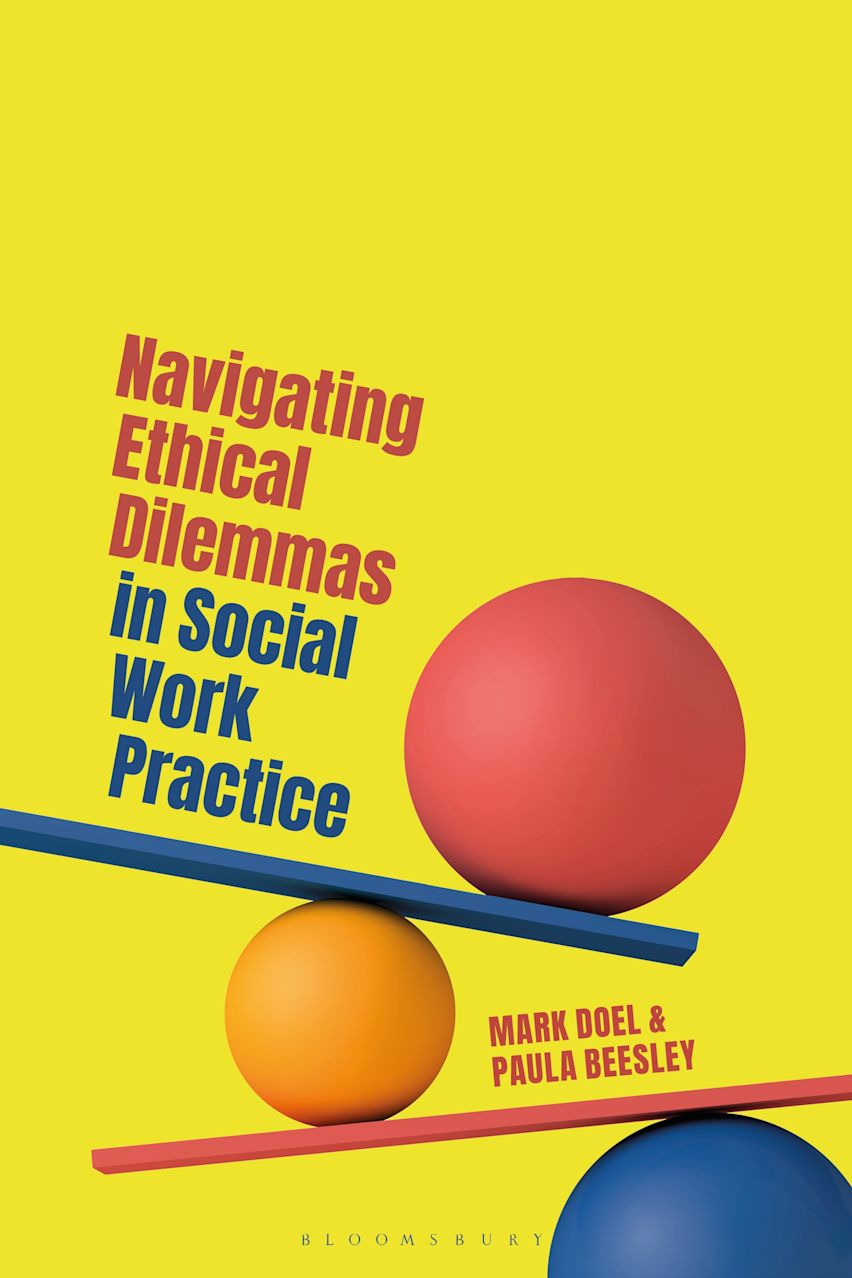Navigating Ethical Dilemmas in Social Work Practice
- Textbook
Navigating Ethical Dilemmas in Social Work Practice
- Textbook
Payment for this pre-order will be taken when the item becomes available
- Delivery and returns info
-
Flat rate of $10.00 for shipping anywhere in Australia
Description
Ethical decision-making lies at the heart of social work practice. As a social worker, you'll regularly encounter complex situations where your professional values may conflict with one another.
Navigating Ethical Dilemmas in Social Work Practice guides you through the ethical complexities you may face, helping you develop the confidence and critical thinking skills needed to make sound decisions. Framed around distinct themes, each chapter presents detailed case studies that invite you to reflect on the dilemma as it unfolds, and are opened with unique contributions from experienced social workers who explore ethical ideas through a chosen 'object'.
This book will help you to:
- Connect theory to social work practice in a meaningful and applicable way
- Explore ethical challenges using core social work skills
- Link each topic to a contemporary ethical dilemma beyond the field of social work
Supported by guidance from ethical codes, standards and principles from around the world, this book equips you with the tools to make informed decisions when clear answers aren't always easy to find.
Table of Contents
2. Rights and Wrongs
3. Value Conflicts and Choices
4. Power
5. Professionalism
6. Working Relationships
7. Decision Making
8. Rules, Disobedience and Whistleblowing
9. Use of Technology in Social Work Practice
10. Conclusion
Product details

| Published | 16 Apr 2026 |
|---|---|
| Format | Paperback |
| Edition | 1st |
| Extent | 248 |
| ISBN | 9781350508873 |
| Imprint | Bloomsbury Academic |
| Dimensions | 234 x 156 mm |
| Publisher | Bloomsbury Publishing |


































